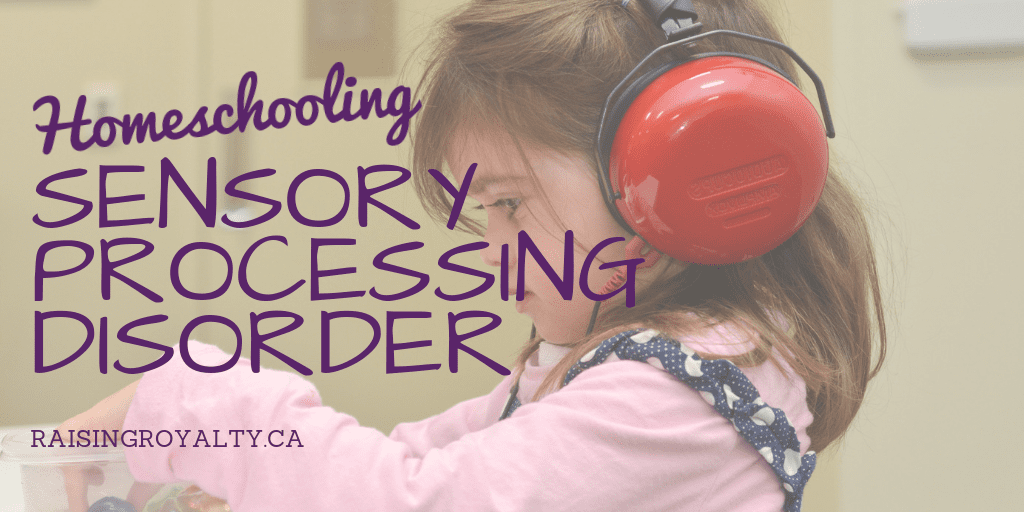
Every parent wants to say their child is “gifted”, right? We’re all proud parents! But, like there are children with intellectual delays and disabilities, there are children with superior intellectual gifts and talents. And just like homeschooling special needs kids, when you homeschool a gifted child, it can present an extra challenge for their parents.
What is a gifted child?
Gifted children are children who are intensely curious and investigative. Where other children may memorize the social system in order, the gifted child might dive in and learn not just the names, but the weights, circumferences, and dates of discovery. They might also intuitively pick up the connections between the size of a planet and the strength of its gravity, long before you would think of teaching them physics.
Gifted children tend to be perfectionist and can often struggle with intense emotions. We often think of the gifted child as one who excels academically, but that’s not always the case. Sometimes the child that’s disruptive, aggressive, and rebellious is gifted, because they grasp concepts so quickly, and so deeply, they get bored — and they’ll challenge anything they see as wrong.
How do you homeschool a gifted child?
When you have a gifted kid, keeping up with them can be difficult! They can work through a year’s worth of material in a matter of weeks, and then you might be left to improvise. And if you don’t get their attention right away, they can often wander off in search of something else that will engage their brains.
And sometimes, they might not be willing to try at all, for fear of getting it “wrong”. A gifted child might also struggle with open-ended assignments, because of the lack of structure. And because they tend to be intense, their emotions are also intense. So when they get upset — they really get upset!
Homeschooling a gifted child requires a parent to adapt.
First, try extending the assignment or the lesson.
Gifted kids don’t want drill. They generally want to interact with the concepts, and “play” with them. Like babies put everything in their mouths to explore thoroughly, gifted kids want to go deeper and explore further.


So homeschooling a gifted child means going in depth into a topic.
For example, rather than merely memorizing the times table, challenge your gifted child to find “tricks” to figuring out multiplication facts. Finding all the shortcuts to multiplication will not only help them learn the facts, but they’ll also master the concepts of multiplication, numeracy and patterns too.
Second, try adding to the activity.
Gifted kids generally see connections and patterns quickly. So giving them more opportunity to connect the dots between concepts, ideas and facts is right up their alley. Enrichment activities take the basic lessons and add extra to them, so that the student has more to explore.
Homeschooling a gifted kid often means following their passions.


For example, rather than simply reading a story and checking their comprehension, ask them to retell the story, creatively. Try getting them to use the rules of certain types of poems, such as limericks or sonnets. Or maybe have them do a comic book version or short film. Not only will you stretch their capabilities, but you’ll help them get comfortable doing challenging activities, and develop the confidence to try new things.
Third, increase the speed of learning.
Many curriculum sets come with set plans for what gets covered in a lesson. Rather than following the plan, accelerate your child through the material. You may need to adjust how fast you go through the concepts, but many gifted kids love learning new things every day.
Homeschooling a gifted child can mean you’ll complete curriculum in half the time.
For example, where the plan suggests that you would do one lesson a week in spelling, your gifted child might enjoy doing a lesson a day. This means that you’ll complete a 36-lesson book in a third of the time expected. Plan accordingly! Maybe even get similar subjects from multiple publishers, so that you continue to offer material to your gifted student.
Fourth, consider skipping a grade (or two!)
Gifted children are often capable of handling lessons a year or two (or more) beyond their age-peers. Since homeschooling means you can be a flexible, you can move them up to grade-level curriculum that matches their abilities.
Homeschooling a gifted child often means their development is asynchronous.
For example, you might have a 9 year old gifted child who is comfortable working with algebra, but still prefers to read picture books over chapter books. Or you might have a 7 year old who can recite the periodic table, but still needs to be reminded to wash their hands after using the bathroom. Asynchronous development is common with gifted kids, and it doesn’t mean they aren’t gifted.
Fifth, personalize your gifted child’s education.


One of the best things about homeschooling is the ability to create an individualized education plan. You know your child best, so you can create an educational plan that supports their weak areas and challenges them where they are strong.
Homeschooling a gifted child doesn’t mean everything comes easy to them.
In fact, more often than not, gifted kids can excel in one area and be pretty typical everywhere else. You might have a child who spouts off everything you didn’t need to know about dinosaurs or the international space station, but still can’t tie their shoes. Or you might have a kid for whom problem solving anything is a sinch, but they can’t catch a ball to save their life.
Gifted kids are still kids, and like every child, they need the attention and love of their parents. And just because it seems like they understand everything you can throw at them doesn’t mean they should be pushed farther or faster. Support your gifted child with an customized education, that meets them where they’re at.
Homeschooling a gifted child can be challenging.
Some people may not understand what it’s like to have a gifted kid. Even some parents may forget that their gifted child is still a child, and may still have struggles. And they may surprise you with what they can’t do, as much as they surprise you with what they can.
But if you take the time to create an education experience that captures their attention, engages their mind, and challenges their abilities, you’ll be able to support and stretch them.
And that is what homeschooling is all about.
What’s your favorite part of homeschooling?
For more helpful tips on homeschooling in challenging situations, check out:
Homeschooling Special Needs
Homeschooling in a Crisis
How to Homeschool with a Toddler
Homeschooling while Moving
Homeschooling with a New Baby


